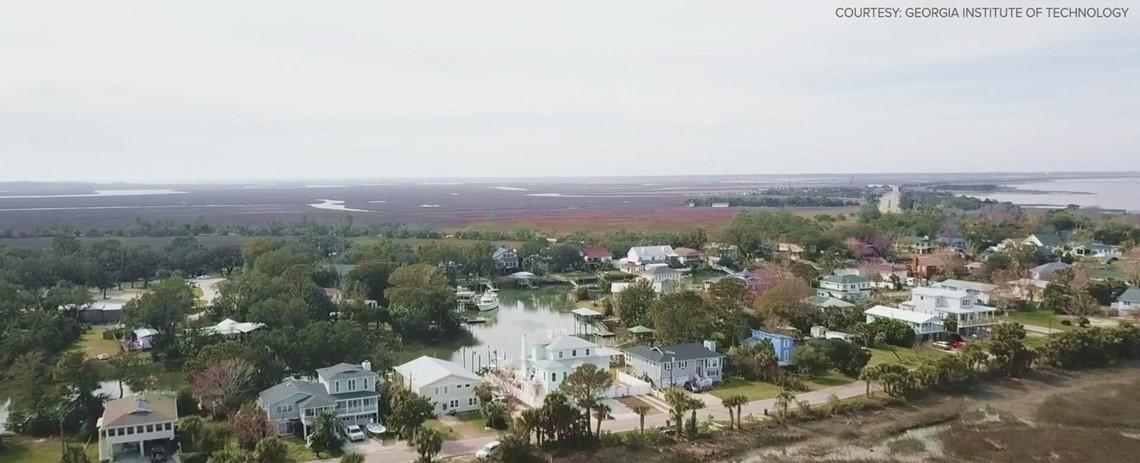Georgia Tech tracking changing floods

Flooding is a common and costly problem around the world, causing millions of dollars in damages each year. That’s why researchers at Georgia Tech have developed a new tool to more accurately predict and track changing flood patterns. The tool, called a flood forecasting model, uses advanced algorithms and computer simulations to predict when and where floods will occur, and how severe they will be.
The model is based on real-time data from monitoring stations around the state, as well as historical data on weather patterns, soil moisture, and other factors that contribute to flooding. It updates in real-time as flood conditions change, allowing emergency responders and local officials to make better-informed decisions about where to send resources and how to respond to flooding events.
The Georgia Tech team has already tested the tool in several areas around the state, including the Flint River basin and the City of Atlanta. In each case, the model was able to accurately predict flood patterns and help officials take action to protect citizens and property.
The importance of this tool cannot be overstated, as floods continue to pose a serious threat to people and property around the world. With better tracking and prediction tools like this, emergency responders and local officials can make more informed decisions about how to respond to floods, potentially saving lives and reducing property damage. This is just one of many innovative approaches being developed to address the ongoing problem of climate change and its impacts on our environment.
Quick Links

